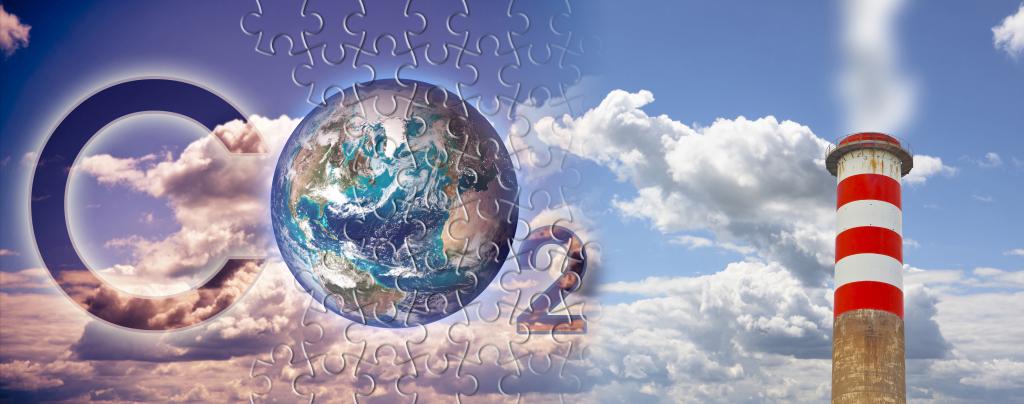Discussion on the purposes of introducing the Carbon Border Adjustment Mechanism (CBAM) was the main objective of the debate organised by Politico in cooperation with the Polish Electricity Association (PKEE). The meeting, attended by the World Trade Organization and the European Union officials, Members of the European Parliament, as well as the representatives of industry companies, took place on 13th of October 2020. (CBAM) was the main topic of the debate organised by the Politico in collaboration with the Polish Committee for Electricity (PKEE). The meeting, attended by representatives of the World Trade Organisation (WTO) and the European Commission, MEPs, as well as industry representatives, took place on 13 October 2020.
Wojciech Dąbrowski, President of the Management Board of the PKEE and of the PGE Group, opened the event and emphasised that the EU is responsible for only approx. 10% of the global GHG emissions. Thus, an important pillar of its global leadership in combating climate change should be climate diplomacy. - The Carbon Border Adjustment Mechanism was announced as a comprehensive tool to address the environmental impact of import of products and energy from the third countries not applying climate protection policies equivalent to the measures adopted by the EU - he stressed. In this context CBAM can be a comprehensive tool to reduce the negative environmental impact of products and electricity generated in third countries that do not have climate policies equivalent to those of the European Union. he noted.
CEO Dąbrowski has also pointed out that recent disruptions in the global market, due to COVID-19 crisis, have highlighted the importance of EU-produced components for practical implementation of ambitious renewable energy projects. - Ensuring a level playing field for the EU industry requires putting a similar financial burden on imported goods. Otherwise, the EU industry will lose its competitiveness in the developing and emerging markets - he added. - Moreover, in our opinion, funds collected through the Carbon Border Adjustment Mechanism should be earmarked for energy transformation in the EU and be in particular allocated in the territories facing serious socio-economic challenges. We believe that in the long term the CBAM may contribute to boosting the EU-based economy - he concluded. To ensure that EU industry enjoys similar conditions to those outside the EU, it is necessary to impose a financial burden on imports. Otherwise, EU industry will lose its competitiveness. - he said. - In order for the CBAM to contribute to the strengthening of the EU economy in the long term, the funds obtained through the introduction of the mechanism should be allocated to the energy transformation of the EU Member States and should go primarily to those regions which are currently facing the greatest socio-economic challenges. he added.
During the high-level debate, its participants - Diederik Samsom, Head of Cabinet of European Commission Executive Vice-President for the European Green Deal - Frans Timmermans; Kathleen van Breempt Coordinator in the European Parliament’s INTA Committee; Jennifer A. Hillman, Senior Fellow for Trade and International Political Economy, Council on Foreign Relations in WTO and Frank Schulz, Chief Executive Officer and Chairman of the Management Board of ArcelorMittal Germany – discussed how the Carbon Border Adjustment Mechanism can be designed in order to make it compatible with global trading rules. Moreover, the debate focused on potential consequences of the implementation of the carbon tax at the EU border.
More information:
Event page: Video: https://vimeo.com/467791108
Video: https://vimeo.com/467791108
Ex-WTO judge: EU could be open to legal challenge over carbon levy - Politico reports: https://politi.co/2GPSYxs
Does Europe need a carbon footprint tax? - BusinessAlert coverage: https://bit.ly/3nPTAU7

